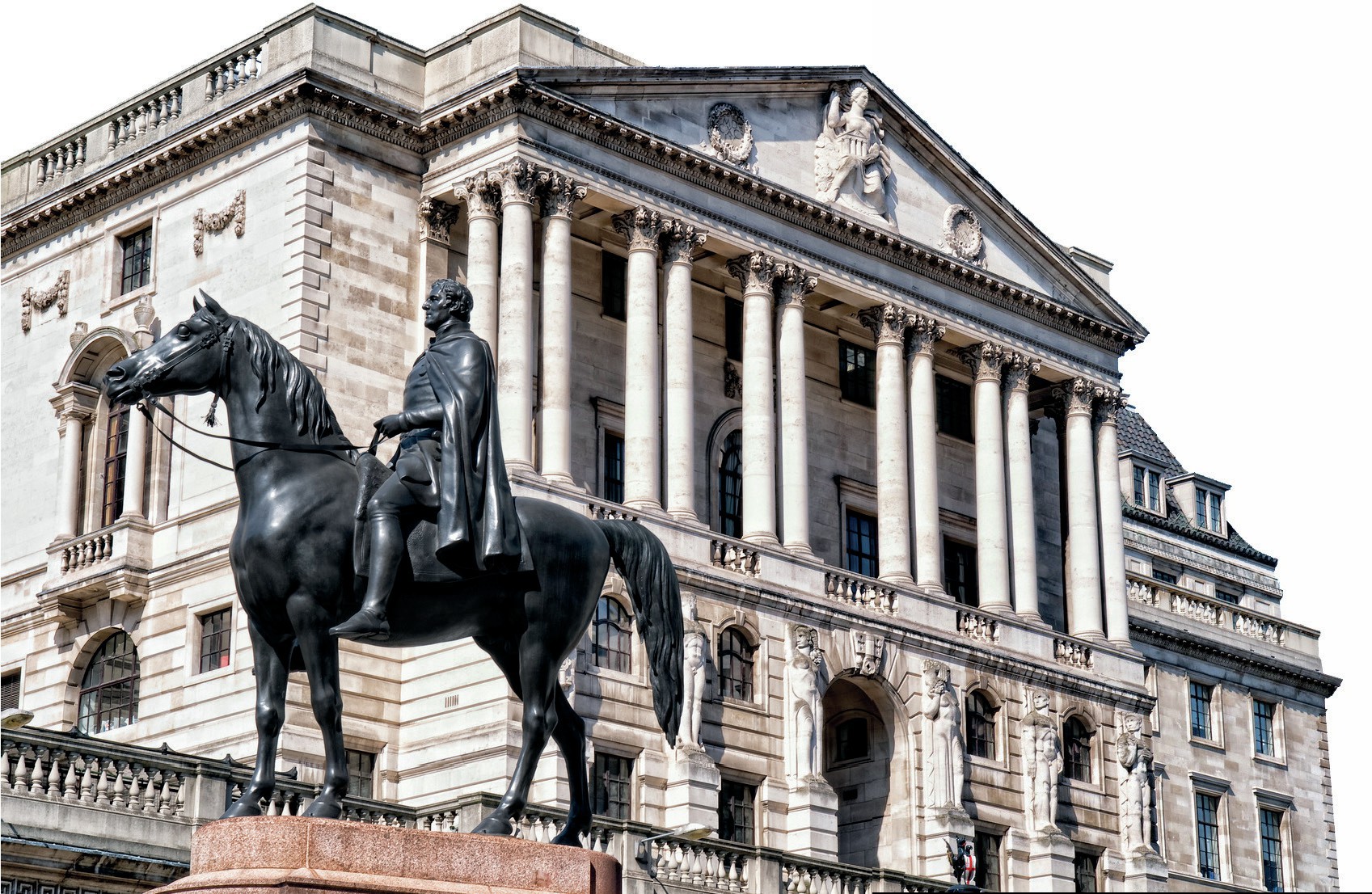
Forty years ago, inflation in the UK was approaching 25%, and macroeconomic policy was focused on bringing this under control. Inflation came to be viewed as the economic public enemy number one. Why should this be?
Your textbooks will highlight some of the costs of inflation, such as shoe-leather and menu costs. However, the key argument about inflation is that it creates uncertainty. If firms cannot form clear expectations about the future levels of prices, they find it more difficult to write contracts or to forecast future demand for their products. This may then deter investment, which damages economic growth. This is the most telling argument for controlling inflation.
Your organisation does not have access to this article.
Sign up today to give your students the edge they need to achieve their best grades with subject expertise
Subscribe




